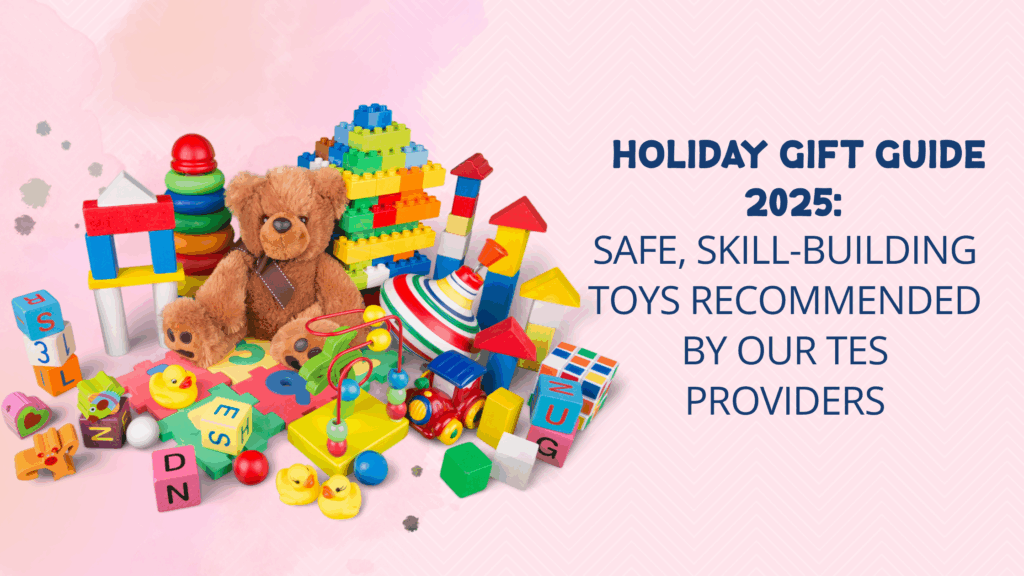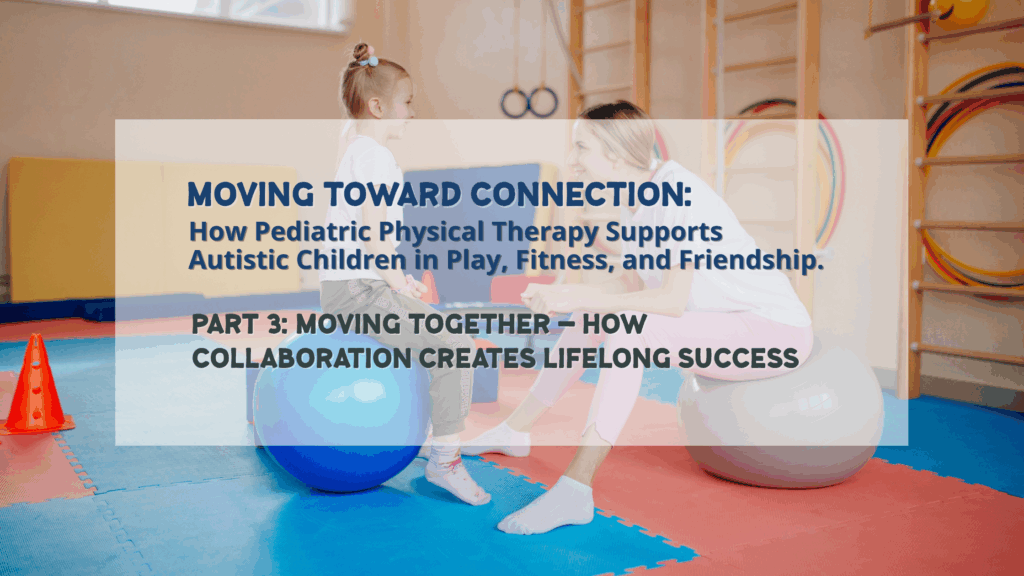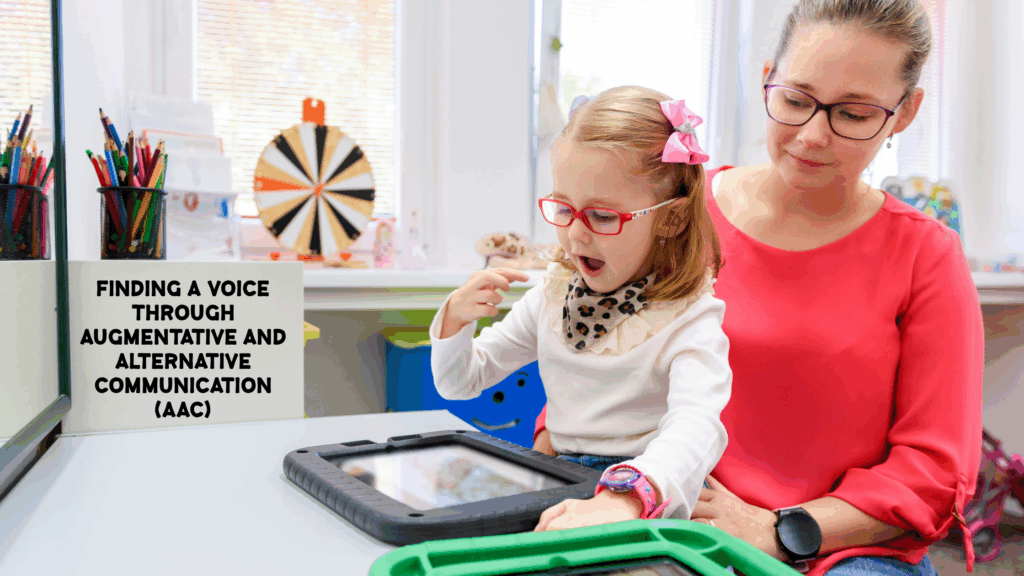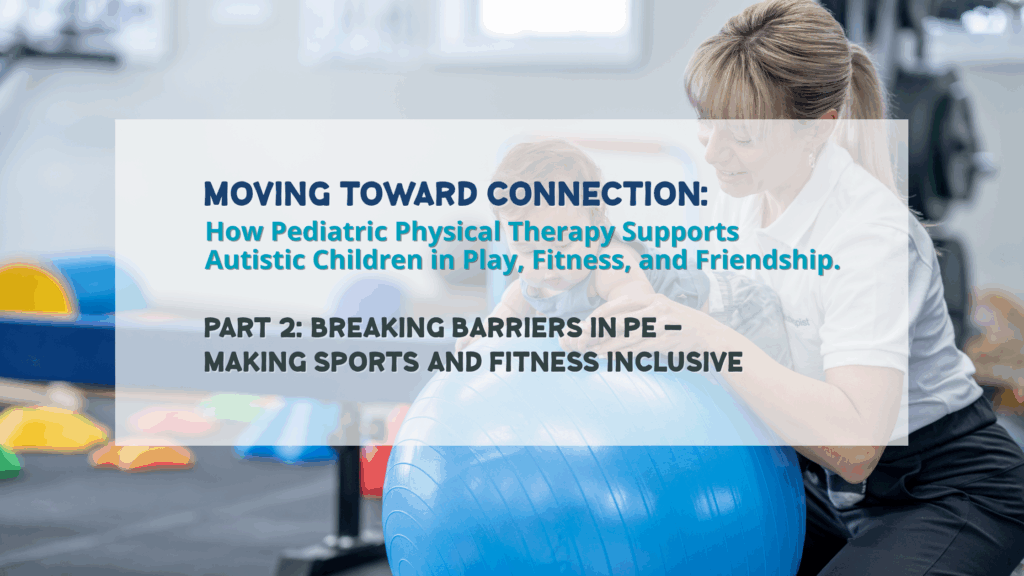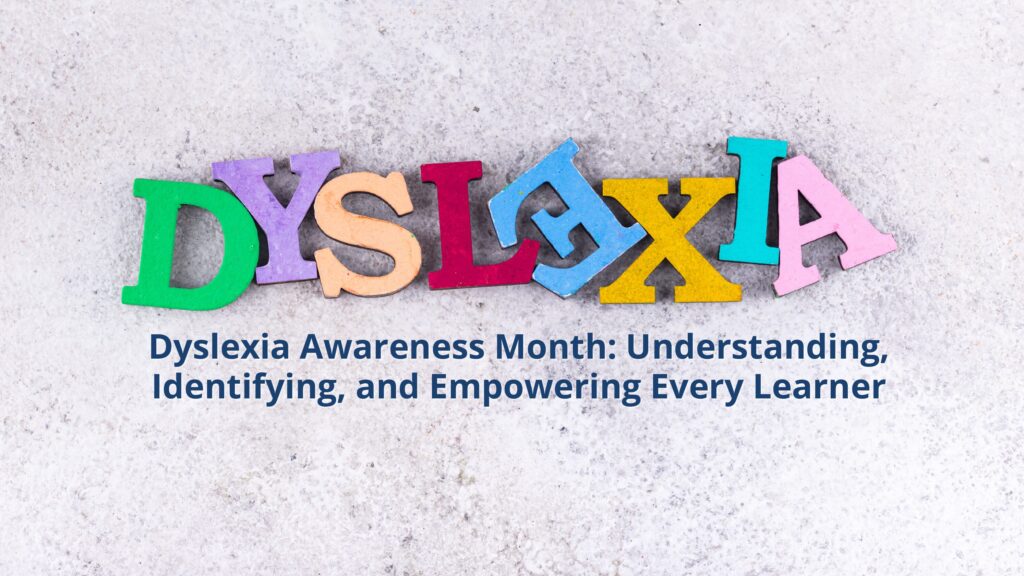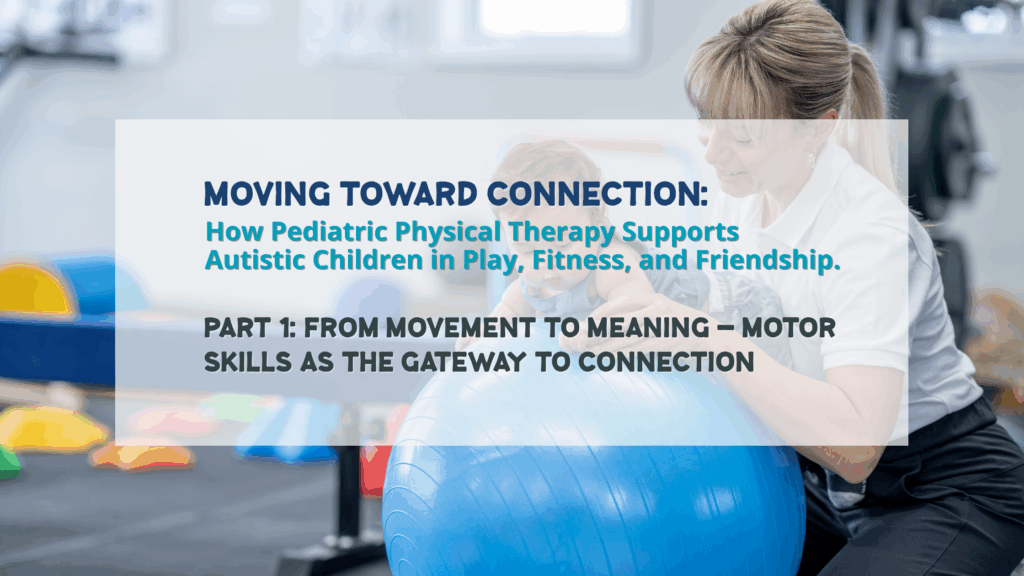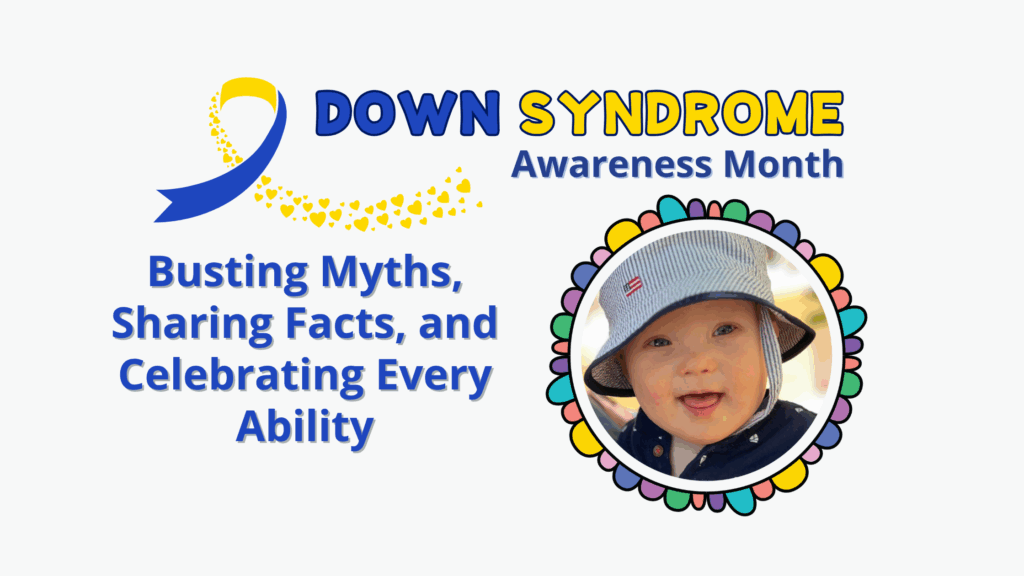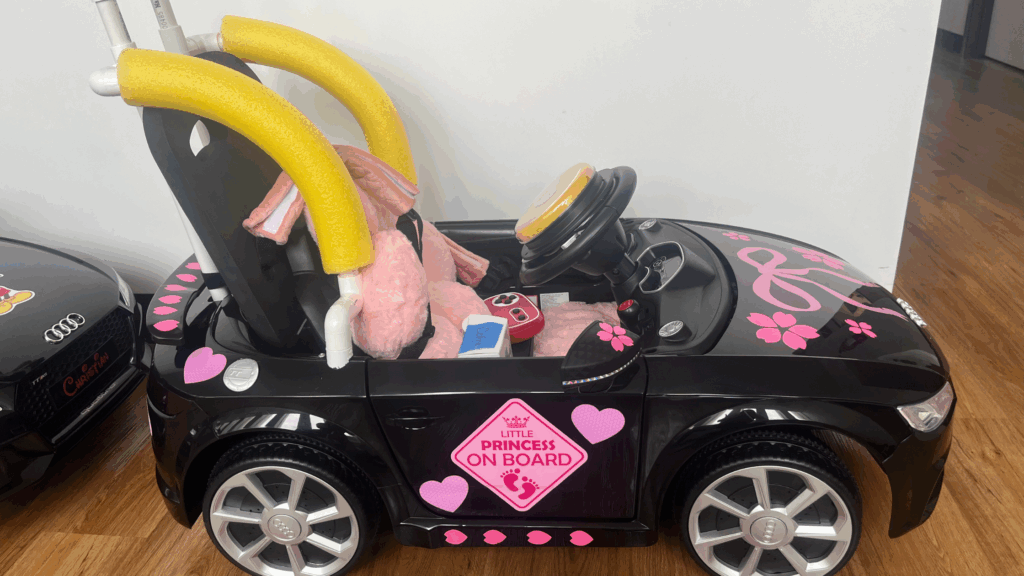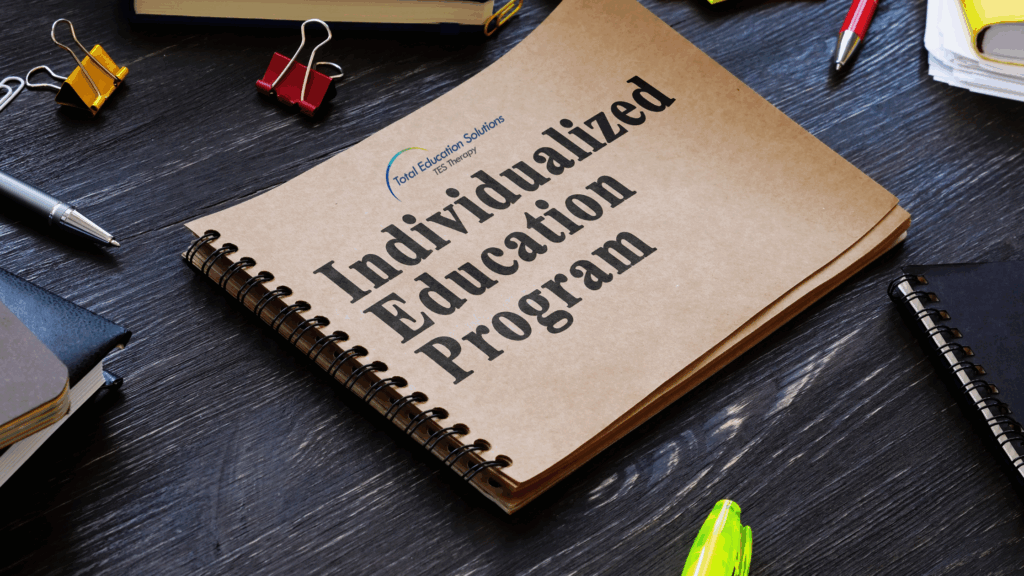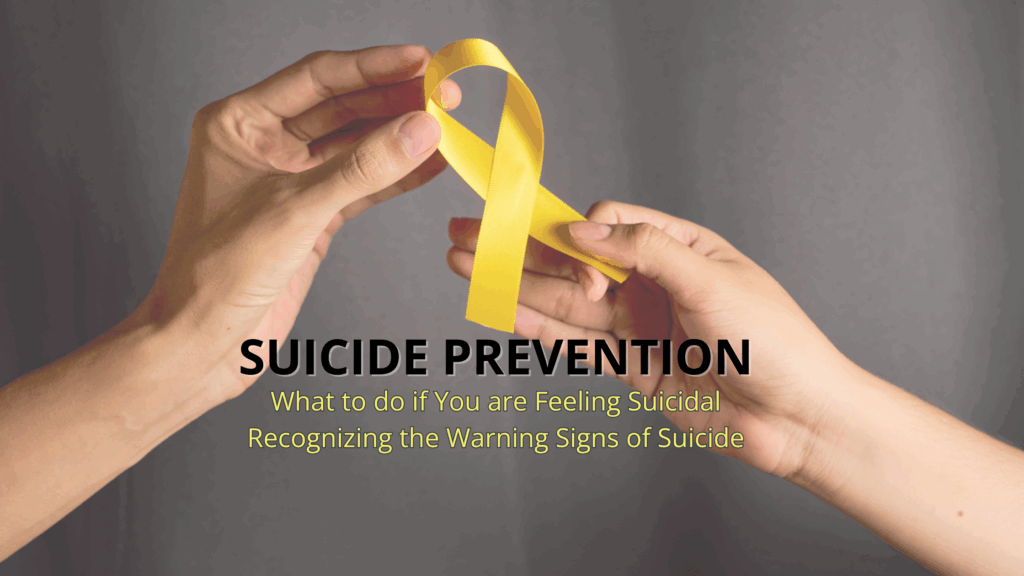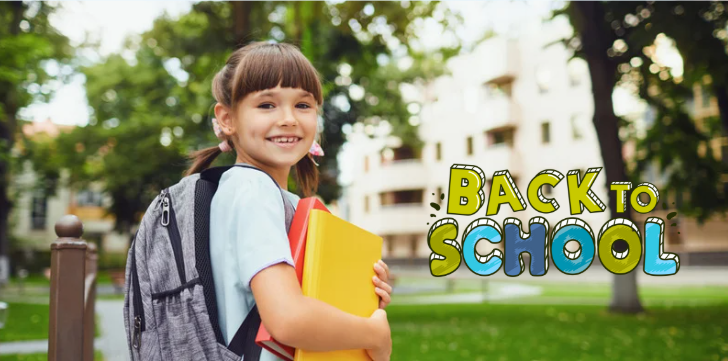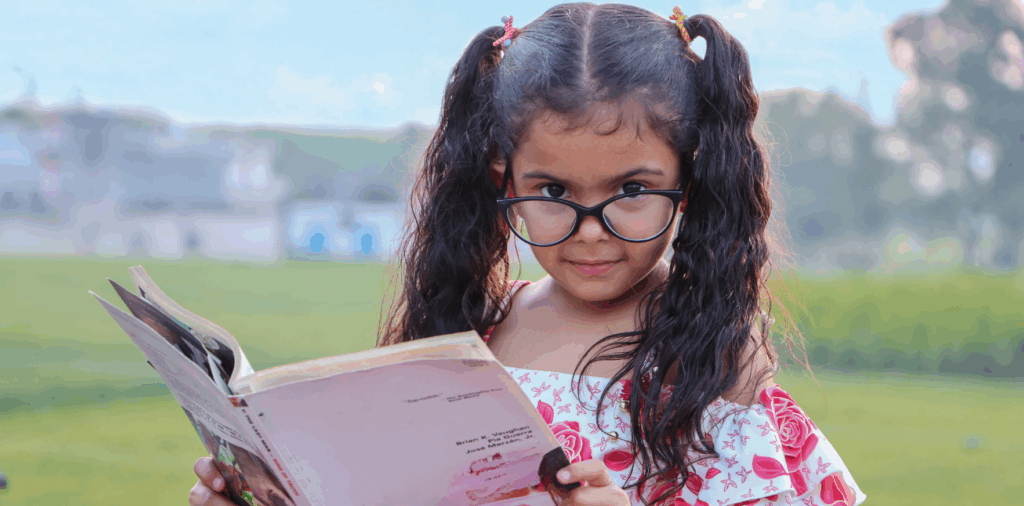As a parent, you want to do everything in your power to give your child the best chance at success. Kindergarten is an important step in the journey of any child’s life. Kindergarten is a crucial milestone in a child’s education, and it sets the foundation for their future academic success.
There are many skills that children need to develop to be ready for kindergarten, such as fine motor skills, early reading and math skills, and social and emotional intelligence. While you can certainly work on these skills at home with your child, there are also some great learning apps for kindergarten.
Educational apps can provide fun and engaging learning experiences that help children develop essential skills that they’ll need to get ready for kindergarten. We’ll discuss eight of the best educational apps for kindergarten and how they can help prepare your child for success.
Why is Kindergarten Readiness Important?
Kindergarten readiness is important because it helps ensure that children are prepared for the academic and social demands of kindergarten. When children are ready for kindergarten, they are more likely to experience success in school and beyond. Preparing your child for kindergarten can also help identify behavior problems and improve social skills down the line.
Preparing your kids for kindergarten with the necessary skills will not only give them a head start but will also help build their confidence and instill a love for learning.
Short-term Readiness Effects
Getting your child ready for kindergarten can lead to some immediate benefits. These include:
Focus
Children are notorious for having short attention spans. It’s a good idea to gradually increase the amount of time they can focus on an activity so they can function in a structured classroom environment. That way, they will be better equipped to sit still and focus in a kindergarten classroom setting. This will naturally lead to improved academic performance.
Logical Thinking
Logical thinking is an important life skill for everyone, not just for mathematicians and computer scientists. Elementary students need to be able to see patterns, solve simple problems and make predictions. Teaching your child the art of logical thinking will help them become better problem-solvers.
Vocabulary and Language Development
A broad vocabulary is the hallmark of a good education. Children need to be able to express themselves and make themselves understood and articulate their thoughts and ideas. It also helps them follow instructions better and feel more confident in social situations. Taking the steps to build and develop your child’s vocabulary now will prepare them for success as adults. The interactive nature of educational apps is highly useful in this regard.
Daily Routine
A daily routine helps children feel comfortable and secure. It also helps them learn to follow rules and expectations and to have respect for order and organization. Educational apps can help your child get comfortable with a daily routine that will be similar to what they will experience in kindergarten. This will help manage their anxiety and make the transition to kindergarten smoother.
Social Interaction
Children need to interact with kids their own age and while this is a skill they first learn at a very young age, it sees a lot of development in kindergarten. Educational apps can help them feel more confident in social situations, make friends, resolve disputes, and express their feelings. Improving your child’s social skills can be reflected in simple everyday interactions such as sharing, taking turns, and cooperating with others.
Long-Term Readiness Effects
As Robert Fulghum once said, “all I really need to know I learned in Kindergarten.” The skills and life lessons your child learns in Kindergarten will form the basis of their early development and guide how they grow and mature into young adults.
Math Skills Lead to Better High School Grades
A 2020 study published in the National Library of Medicine found that students who had strong math skills in kindergarten had stronger achievement in math through age 15. This is likely because math skills are the foundation for success in higher-level math and science courses.
Better Vocabulary Creates Better Emotional Self-regulation
A larger vocabulary allows children to express their thoughts and feelings more effectively and to be better communicators. This helps reduce their anxiety levels and improves their social and relationship-building skills.
Emotional Development
Children who are emotionally ready for kindergarten are more likely to have positive social interactions, make more and better friendships, be successful students, and feel confident in themselves. That means teaching them how to cope with difficult emotions like frustration, disappointment, and sadness. Modeling positive coping skills is a great way to help your child learn how to effectively deal with their emotions constructively and healthily.
Better Academic Performance
Preparing your child for kindergarten can have a lasting impact on their academic success. This is likely because kindergarten readiness sets the foundation for essential skills that they can build upon for further success in school and later in their careers. This helps them build a foundation for success that will last throughout their lifetimes.
Lower Dropout Rates
Students who are prepared for kindergarten are more likely to stay in school, graduate, and invest in their own futures. Students who are ready for kindergarten are more likely to have positive social interactions and feel confident in themselves and feel that they can follow their dreams and meet whatever challenges and obstacles life throws their way.
Reduces Future Substance Use and Criminal Behavior
Students who are successful in school are less likely to engage in destructive or socially harmful activities. Kindergarten helps them learn the self-control they need to make better choices in life, control their impulses and make better life choices. That way, they are less likely to turn to drugs or alcohol or engage in other risky behaviors.
Skills To Practice To Improve Kindergarten Readiness
Now that we’ve gone over why kindergarten readiness is important and some of the short-term and long-term effects, let’s take a look at some skills that you can practice with your child to improve readiness. These skills include:
Alphabet and Letter-Sound Recognition
Alphabet and letter-sound recognition is the foundational skill for learning to read. Ways you can help your child practice this skill include singing the alphabet song, playing games that focus on letter-sound recognition, or reading books that focus on the alphabet.
Phonemic Awareness
Phonemic awareness is the ability to hear, identify, and manipulate individual sounds in spoken words. This is an important skill for kindergarten readiness because it helps children understand how spoken language works. You can help your child develop phonemic awareness by playing games that focus on sound recognition and manipulation.
Number Recognition and Counting 1 Through 10
Counting and number recognition help children understand numbers and mathematical concepts. Understanding counting and number recognition can also help children with all types of future life skills such as budgeting and personal finance.
Shapes and Colors
Shapes and colors help kindergarteners understand the different shapes and colors that form the world around them. It also helps them understand the concept of patterns that occur in nature.
Fine Motor Skills (Holding Pencil or Crayon, Cutting With Scissors)
In addition to cognitive skills, children need to develop fine motor skills and hand-eye coordination. They need to be able to use a pencil or crayon to write and to cut with scissors. You can help your child develop their fine motor skills by having them practice holding a pencil or crayon and drawing lines and shapes to even play on fun apps (other ways to develop fine motor muscles? Play-dough, water painting, making homemade jewelry with pasta).
Writing Letters
Writing letters requires a combination of letter recognition, phonemic awareness, and fine motor skills. Kindergarteners can learn how to write their names using fun and engaging activities like tracing letters and writing in the sand. Knowing how to identify their name and personal belongings helps them feel more confident and comfortable in school and gives them a stronger sense of personhood.
Reading
Building reading skills is a culmination of all the skills we have discussed so far. To help your child become a reader, you can read to them every day, starting with short and simple books. As they become more confident, you can move on to longer and more complex books. You can also help them by teaching them how to identify words that rhyme and words that begin with the same sound. The most important thing you can do to help your child become a lifelong reader is to make reading fun and engaging for them.
Paying Attention and Following Directions
Preschoolers and kindergarteners need to learn how to pay attention and follow simple instructions so they will be better equipped to handle the demands of the school system. You can help your child develop this skill by playing games that focus on attention and following directions.
Social Skills
Social skills look beyond the everyday interaction between your kids and their peers. It also involves their interaction with adults such as their teachers, plus the ability to understand and control their emotions. Proper social skills and etiquette start in the home. You can help your child develop social skills by modeling proper behavior and teaching them how to respond and get along with others in different social situations.
Rhyming
Rhyming helps children develop phonemic awareness, but it’s also just a fun way to play with words. You can help your child make rhymes by playing games, singing songs, and reciting nursery rhymes.
Basic Hygiene and Self-Care
Basic hygiene and self-care are important for kindergarten readiness. It teaches them self-respect and the importance of taking care of themselves. This includes everything from handwashing, to using the potty and brushing teeth. You can help your child develop these skills by modeling proper behavior and teaching them how to perform these tasks independently.
Best Apps to Prepare Preschoolers for Kindergarten
As you can see, there are many skills that your child will need to be successful in kindergarten. Even though you can prepare for school at home through everyday activities and games, there are also many great learning apps for preschool and kindergarten that are available to prepare your kids that can supplement their learning. With a little bit of effort, you can help your child be prepared for kindergarten and set them up for success.
ABCMouse
Many great apps can help preschoolers prepare for kindergarten. One of our favorites is ABCMouse, which helps with math, phonics, reading, and more. It offers more than 850 lessons and activities, across 10 levels.
With the added convenience of being available across all devices, parents can feel confident their child is receiving a high-quality and well-rounded education.
Busy Shapes
Busy Shapes is a game that helps children learn shapes and colors. You have to figure out what shape or color it is by clicking on it. The name of the shape and color is said out loud when it is selected to help reinforce associations between words and shapes
You can also make shapes and colors by clicking at the right place and dragging the mouse around. There are many different levels of difficulty so you can play this game in different ways depending on your child’s performance and comfort level.
Endless Alphabet
Endless Alphabet is a great app for helping kids learn to read. It also helps them learn new words and their meanings. Each word has an interactive puzzle with letters that come to life, and there are over 70 words to learn and explore.
This app is great for kids who are just learning to read, or for kids who need a little extra practice.
Monkey Preschool Lunchbox
Monkey Preschool Lunchbox helps elementary students learn while they play. There are different activities to help with different skills, like letters, shapes, and colors. Plus, there are also fun games to play. Kids of all ages can play the games together. The games get harder as they go on and each game flows into the next one.
Your child can fall in love with six different games that delve into colors, shapes, matching, difference, and counting so they will be more than prepared for kindergarten.
With voice direction and responsive sound effects, this app is perfect for kids who are ready to start learning. It also encourages kids to get the wrong answers so they can learn from their mistakes.
Moose Math
This app makes learning pre-academic math skills an adventure. Moose Math helps kids learn about numbers, counting, addition, subtraction, shapes, geometry, and more.
This app is perfect for kids who are visual learners because it uses animation to teach basic math concepts. Moose Math is also great for building confidence because it offers positive reinforcement. With gamification strategies, your kids can earn rewards as they progress by building their city with decorative items.
Skybrary
Skybrary offers a one-month free trial for all of its members and gives you access to a wide range of children’s books. You can also read books on any device, listen to audiobooks, and more.
With a vast interactive library of ebooks and real-world video explorations, Skybrary is perfect for curious kids who want to learn about the world around them. It’s also great for parents who want to bond with their children and read together.
Skybrary is an app that every parent should try because it offers a great way for children to fall in love with reading in a fun and engaging way.
Touch and Learn Emotions
Understanding and expressing emotions is an important part of social-emotional development. Touch and Learn Emotions helps kids identify and understand different feelings.
With this app, kids can learn about different emotions by recognizing different body language and facial expressions. They can also learn how to express their own emotions healthily. Touch and Learn Emotions is a great way for kids to learn about their feelings and how to cope with them.
Writing Wizard
Kids who use Writing Wizard will not only learn how to trace letters, numbers, and words, but they’ll also learn how to do it in a fun and exciting way. The app uses a system that is carefully designed to maintain motivation and keep kids engaged. Plus, all of the tracings are done on a colorful and interactive screen.
Writing Wizard is perfect for kids who are just starting to learn how to write. It’s also great for kids who need a little extra practice. With this app, your kid will be writing like a pro in no time!
Equip Your Kids With Fundamental Skills Using The Best Educational Apps For Kindergarten
These apps offer fun and interactive ways for your kindergartener to learn about letters, numbers, shapes, colors, emotions, and more. Every child deserves the best start in life possible, so why not equip them with the best tools you can? If you want your kindergartener to start their academic life on the right foot, check out our Kindergarten Readiness Program, which includes a variety of great resources that can help your child get ready for their first day. Our program will make your child more than ready to take on kindergarten and not just succeed, but thrive.
Kindergarten readiness is so important because it sets the foundation for your child’s future academic success. Sign up for our Kindergarten Readiness Program or any of our readiness summer camps and equip your child with the best educational tools today!

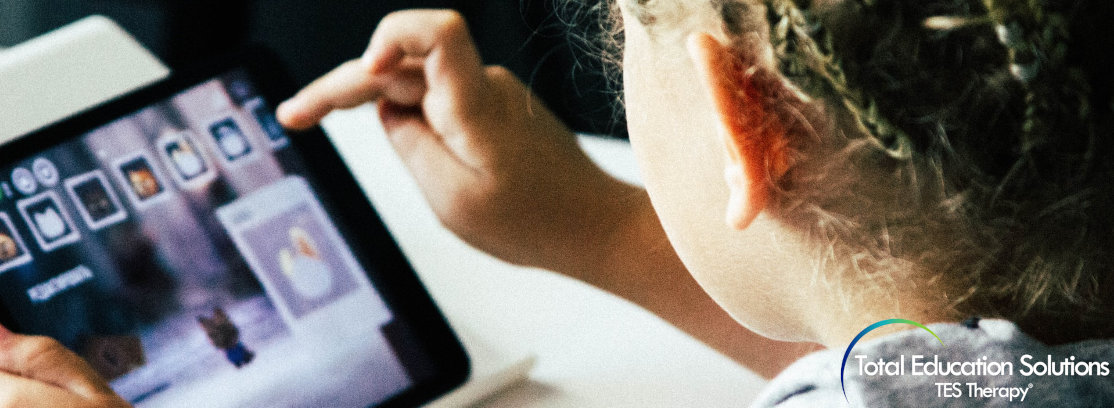
 03 May 2022
03 May 2022 